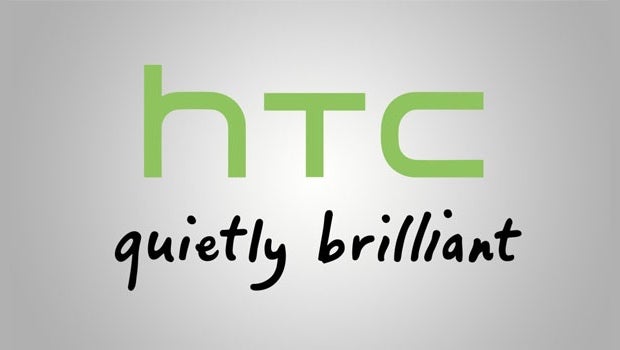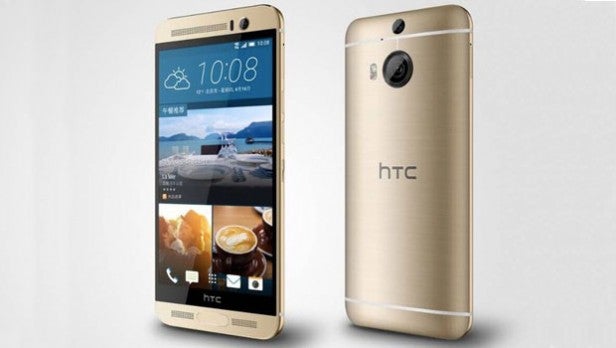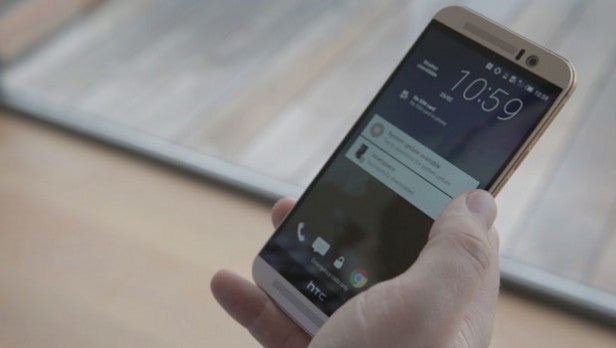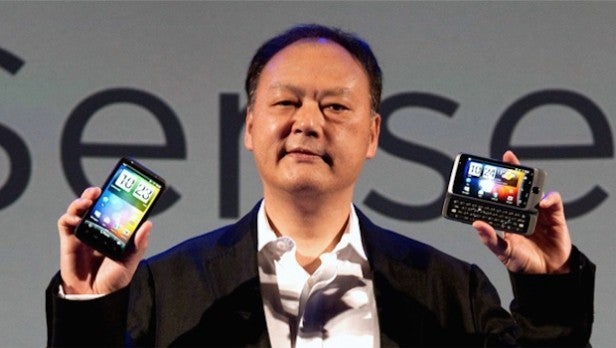Where did it all go wrong for HTC?

As HTC makes job cuts and posts big third quarter losses, we take a look at why the One M9-makers is struggling to keep up with Apple, Samsung and newcomers like OnePlus.
HTC is not very well. The Taiwanese smartphone manufacturer has returned to loss-making ways, with a catastrophically poor Q2.
Back in March, on the back of the disappointing launch of the underwhelming HTC One M9 flagship phone, HTC demoted co-founder Peter Chou as CEO. Fellow HTC co-founder Cher Wang was instated in his place.
There has been no immediate turn-around, however. In fact, after four consecutive quarters of slender profits, the company has reported a Q2 operating loss of NT$5.1 billion. That’s about £101 million.
As a result, on August 6th, the company hit its lowest stock price in ten years, while it struggles to be a part of the group of leading smartphone manufacturers in the world.
All of which prompts the question: where did it all go wrong for HTC?
See how the HTC One M9 stacks up to its major rivals:
Related: Best smartphones of 2015
Squeezed from both ends
HTC was one of the pioneers of the modern smartphone revolution. It made the first ever commercially available Android phone, the T-Mobile G1 (aka the HTC Dream) in 2008. In 2010, Google chose HTC to make the first official Nexus phone, the Google Nexus One.
Yet here in 2015, it is being overwhelmed by massive competition at both ends of the market.
The company’s own Q2 overview describes “Weaker than expected demand at the high end” – which basically means that no one is buying HTC’s latest flagship phone, the HTC One M9, or the problematic HTC One M9+ revision (pictured below).
We’ll go into the issues with the brand’s current flagship later, but the most obvious and basic reason people aren’t buying the HTC One M9 is because they’re buying the iPhone 6 and the Samsung Galaxy S6 instead. These are formidable high-end rivals that no one seems capable of matching.
The trouble here is that HTC’s reputation for making classy phones initially made it reluctant to engage with the low-end of the market, and rival efforts from the likes of China’s Xiaomi and America’s Motorola are now squeezing the company from the opposite end.
The HTC Desire range has made virtually no impact against phones that offer better specs for less money.
Related: Top 10 best Android phones
Saturated market
Indeed, there’s a wider point to be made from the tight squeeze HTC has been place in. There are simply so many phones out there, and most of them are awfully similar.
If you’re a smartphone manufacturer and you’re not Apple, then you probably make phones based on the Android platform. It’s the world’s biggest smartphone platform by some margin.
That involves dozens of manufacturers from all corners of the world, all releasing largely similar phones made with similar materials, and running on largely identical components.
What’s more, the general standard of those rival efforts has risen markedly. The HTC One M7 was a feat of engineering when it launched with its all-metal body. Now even Chinese startup manufacturers are producing such phones.
How does a company like HTC, which used to be known for its distinctive premium designs, make an impression when other companies are able to offer something similar for less?
Lack of smartphone innovation
The answer to that last question is that it doesn’t. The HTC One M7, HTC One M8, and HTC One M9 are all attractive, well-built phones, but what do they really offer that’s different to the rest?
We’ve mentioned that sleek metal design, but that was never enough in itself, and it’s now far from unique.
Efforts to distinguish the range’s camera, meanwhile, have ended in disaster. Successive HTC phones have had deeply flawed camera units, such as the HTC One M8 that sported an innovative dual-lens, low-megapixel setup, but took inherently noisy images.
Even HTC’s custom Sense UI, which used to be seen as one of the better, cleverer efforts, is now seen as needless tinkering when the core Android experience is so fundamentally sound.

Conservative design
We’ve mentioned already that HTC built its reputation on producing classy, premium-quality smartphone designs. Its motto even used to be “Quietly Excellent.”
Indeed, even with the troubles we’ve touched on elsewhere, HTC always makes excellent phones. Or at least, it used to until very recently.
It’s easy to forget that the company returned to profit this time last year thanks largely to the excellence of the HTC One M8. Operating profits for Q2 of 2014 were NT$2.26 billion, or £44 million.
The company’s mistake was failing to build on that small amount of momentum and good will, instead choosing to release a nigh-on identical phone in the HTC One M9.
You might argue that Apple is also in the habit of releasing inherently similar phones in successive years, but a) that’s from a position of class-leading strength and b) Apple changes its smartphone designs completely every other year.
The HTC One M9 would perhaps have been excusable if it hadn’t been the third phone in a row to sport the same basic design after the M7 and M8.

Lacking Samsung’s deep pockets
It’s a vicious circle HTC is in, but the reason HTC isn’t selling as many phones as Samsung or Apple is largely because it doesn’t have anywhere near as much money as them.
To place it into context, during the four relatively positive quarters prior to its recent Q2 catastrophe, HTC made £75 million in net profit.
That sounds pretty good for a year’s work, until you compare it to Samsung’s figures. HTC’s biggest natural competitor made £12.37 billion in net profit during the same 12 month period.
And let’s not forget this has been a poor spell by Samsung’s own standards.
HTC simply makes much less money than its direct rivals. That means less money to spend on advertising, less to spend forging relationships with network operators, and less to spend producing and pushing your products into lots of countries around the world simultaneously.
Other, even smaller companies get by on clever marketing and lower overheads (think OnePlus), but that just highlights those earlier issues. HTC is still competing on Samsung’s and Apple’s terms, producing traditional premium products at traditional premium prices.
HTC has proven that it’s capable of taking Samsung and Apple on at their own game from a pure product perspective, but it simply can’t get close when it comes to selling that product.
Something’s got to give, and you fear that something might be HTC’s future as an independent smartphone maker.
Do you think HTC’s smartphone business will survive? Let us know your thoughts in the comments section below


